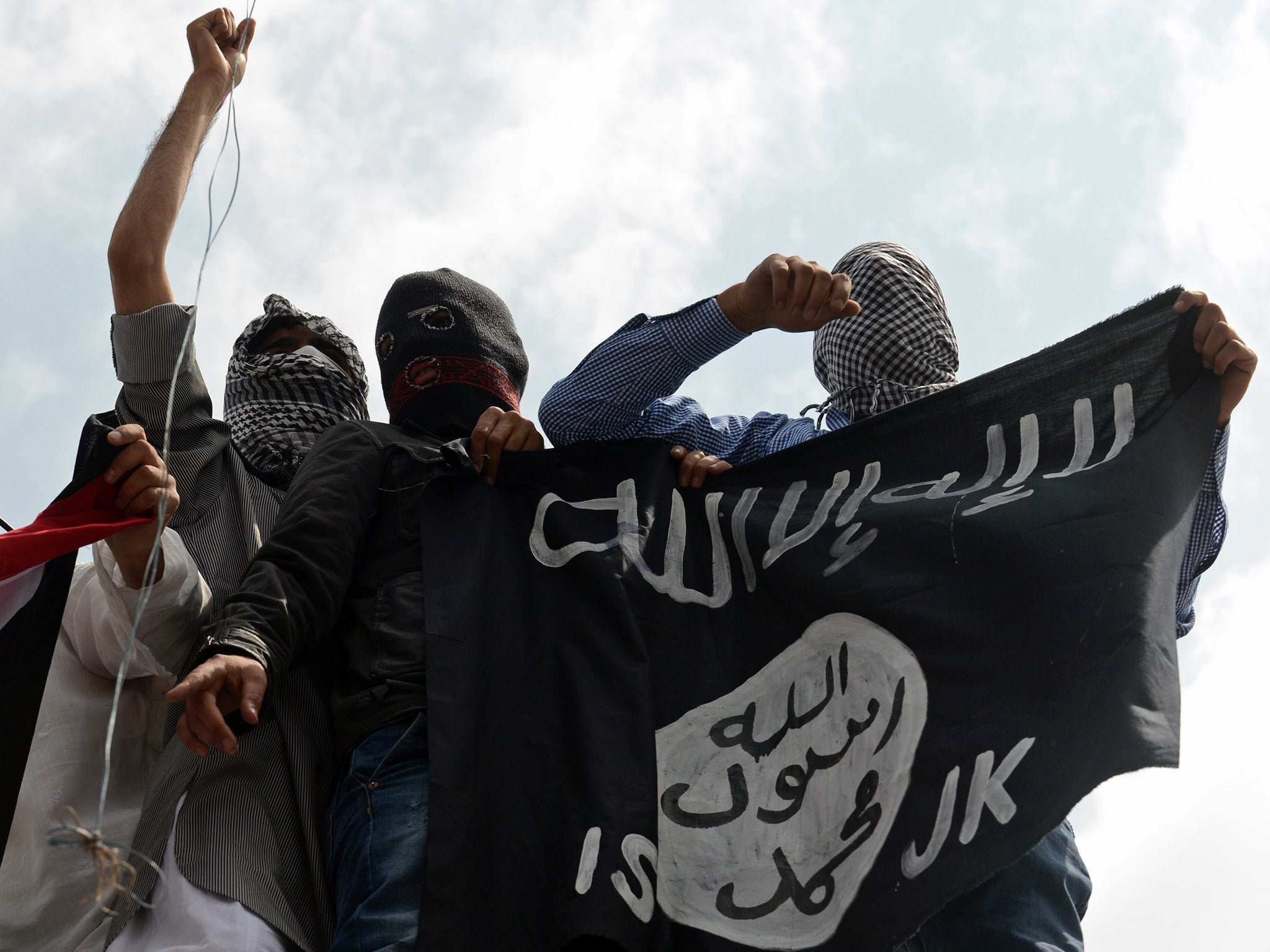Paris attacks: Where does Isis get its money and weapons from?
Where does Isis get its money, guns and bombs, both in Europe and in the Middle East?

Jeremy Corbyn posed a series of rhetorical questions when asked whether bombing Isis following the Paris terror attacks would make a significant difference to the situation.
In an interview with Lorraine Kelly on ITV, the Labour leader answered "probaby not", adding: "Who is funding Isis? Who is arming Turkey? Who is providing safe havens for ISIS. You have to ask questions about the arms everyone has sold in the region."
The Paris attackers were armed with AK-47s and identical suicide vests, while police seized a rocket launcher and a huge cache of weapons in terrorists raids in Lyon following the attack. Some are said to have been trained in Syria.
So where does Isis get its money, guns and bombs, both in Europe and in the Middle East?
Who is funding Isis?
To a large extent Isis is now funding itself – through oil sales, kidnap ransoms, smuggling, extortion, taxes, looting, bank robberies.
When it was starting out, Isis was ‘seed funded’ by wealthy donors –individuals and charities from across the Middle East, especially Saudi Arabia, Qatar and Kuwait.
At first, the governments of the Persian kingdoms openly gave money to the opponents of Syrian President Bashar al-Assad, including Isis. This has since become politically and diplomatically incorrect – but large amounts of money still finds its way to Isis from wealthy individuals from the Persian gulf.
Where does Isis get its guns and ammunition?
Following the Charlie Hebdo attacks in January, arms experts said that the ammunition used was almost certainly smuggled in from the Balkans, which was left awash with arms following the 1991-1995 war in the former Yugoslavia.
The suburb of Molenbeek, in Brussels – home to some of the suspected attackers last Friday - has been identified as a “breeding ground” for terrorism in western Europe. An automatic firearm can allegedly be bought in the area for 500-1,000 euros.
As for the Middle East, a study by the Conflict Armament Research Group, published last year, showed the militant group used ammunition manufactured mostly in America, China and Russia.
Isis took possession of large amounts of kit - including tanks, rocket launchers and howitzers – when it seized Government-held territory in Iraq in 2014. It is known to have smuggled in arms from places such Saudi Arabia, Iraq, Syria and Eastern Europe.
How much does it earn from oil?
Isis-controlled territory produces up to 60,000 barrels per day, netting the caliphate an estimated £1m every 24 hours, according to an estimate by IHS, an energy research consultancy.
Who is buying the oil – isn’t Isis-controlled territory saddled by international sanctions?
Middlemen smuggle crude oil and refined oil products from Isis-controlled parts of Syria and Iraq to Turkey and Iran. The Syrian Government also reportedly buys some of these products.
Because of sanctions, the caliphate, home to an estimated eight million people, also operates rather like a vast organised crime gang – dealing in cash and contraband products outside legitimate banking channels.
How much does it make from its wealthy donors?
It has raised around $40 million from such channels in the past two years, according to an estimate published in Newsweek.
How much does Isis make from ransom payments for hostages?
It generated at least $20m (£12.7m) in ransom payments in 2014, according to the US Treasury.
What sort of taxes are levied in the caliphate?
Religious minorities, such as Christians, are forced to pay a special tax, convert to Islam, or leave.
What is the Caliphate’s annual income?
It is reckoned to raise $2bn per year from the sale of oil, tolls and taxes.
Join our commenting forum
Join thought-provoking conversations, follow other Independent readers and see their replies
Comments
Bookmark popover
Removed from bookmarks